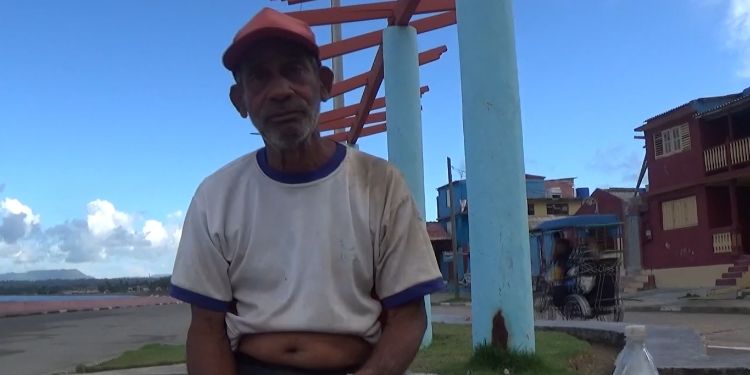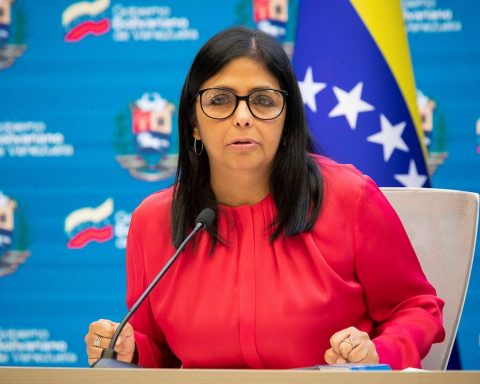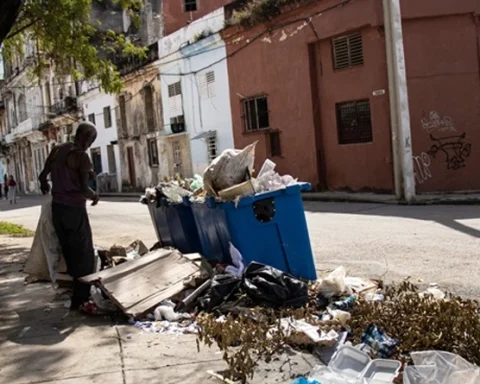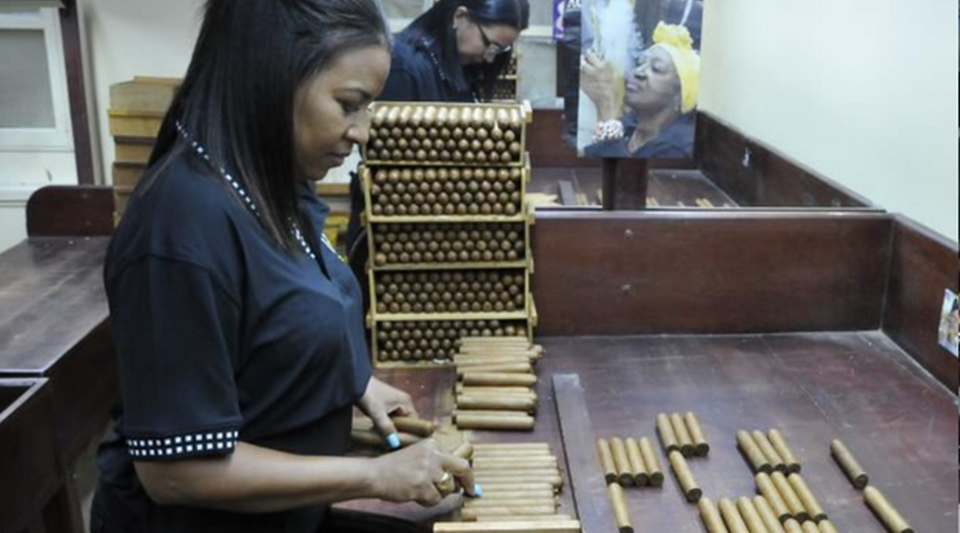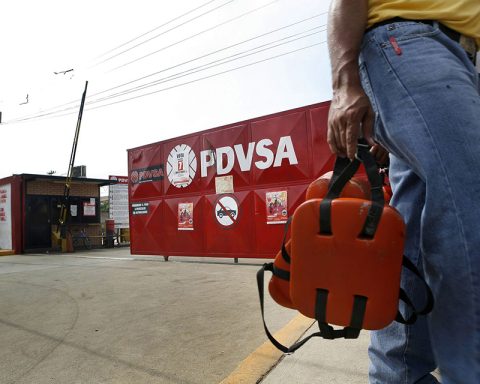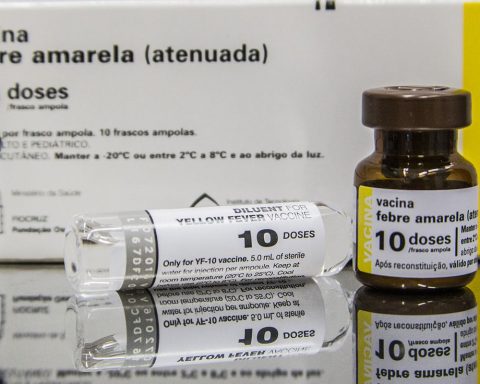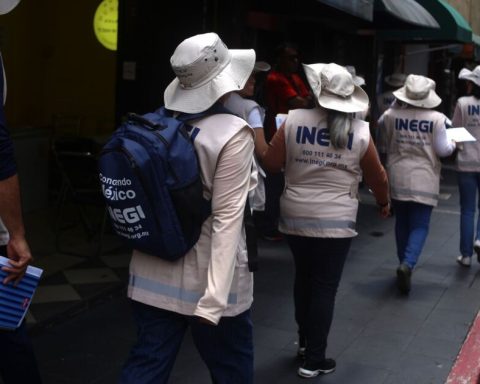MIAMI, United States. – Although today he lives as a beggar, Cuban Enio Ángel Vega Catá belonged to the Revolutionary Armed Forces (FAR) for 14 years, where he trained officers and soldiers in general tactics who were sent by the regime to the war in Angola.
Today, however, he lives on the streets of Baracoa.
His home was destroyed by Hurricane Matthew in 2016. Because it was built on land belonging to a cooperative, he was unable to rebuild it. In addition, she did not have resources and suffered from alcoholism.
In this way, he remained on the street and began to live in parks and doorways, where he “refuges” at night, especially.
Today is one of the calls colerosan irregular activity dedicated mainly to the elderly and low-income people to try to survive in the midst of the serious economic crisis on the Island.
Although he masters several specialties, he cannot find a job and his situation worsens more and more. No institution cares for him, she says, although he has repeatedly expressed the desire to return to work and society.
His greatest concern is that the regime will retaliate against his son, who is a member of the ranks of the Union of Young Communists (UJC), he says.
In August 2019, before the start of the COVID-19 pandemic, lhe official Cuban press addressed the situation of the “indigent” who lived on the streets, a problem that affects several cities in the country, mainly the capital.
According to Cubadebatedespite the fact that the island’s authorities had established a plan for the collection and reinsertion of “people with wandering behaviors” in society, the strategy has not offered the expected results.
“Most of them are people who lost their homes, their families, their jobs, they end up living on the streets without commitment or a sense of belonging to any place,” Alejandro García, psychiatrist and head of the Mental Health Department of Centro Habana, told the official media. .
In Cuba, the treatment of the indigent and needy is regulated by Order 9 of the Minister of the Interior. Although the authorities recognize deficiencies in the work with these people, they warn that it is not due to a lack of preventive work, since the collection would be done systematically.
https://www.youtube.com/watch?v=D5K6YEw6LSc
Receive information from CubaNet on your cell phone through WhatsApp. Send us a message with the word “CUBA” on the phone +525545038831, You can also subscribe to our electronic newsletter by giving click here.
